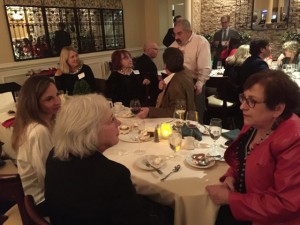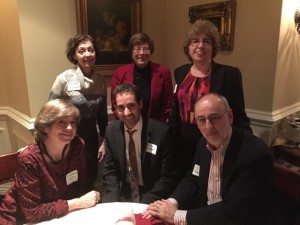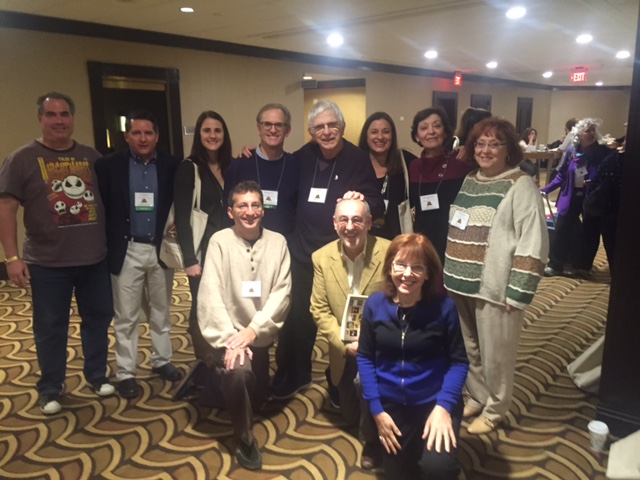TAKING CONTROL OVER YOUR DIVORCE
Jennifer Bretz, Esq.
“You may not control all the events that happen to you, but you can decide not to be reduced by them.”
― Maya Angelou
Your divorce is just that: your divorce. It doesn’t define you and you should not be defined by it. You may have chosen it or it may have been your spouse’s choice. Regardless of how you have come to be in the divorce process, or what stage you are in, you can choose to take control. You should consider a process to get through this chapter of your life that does not destroy your relationships, your family, your confidence or you.
The familiar, traditional litigation process, managed by the impersonal and possibly overwhelming judicial system doesn’t necessarily work for everyone. No matter how excellent the judges are in your particular jurisdiction, or how fabulous your attorney is, once you file or are served a complaint for divorce, you are bound by the metaphorical handcuffs of the process. You are told what documents you need to file with the court, when to appear, how your case will be managed and are often told, Athe court wants {fill in appropriate demand here}.” If you do not comply in a reasonable manner, then you run the risk of being in violation of an order or contempt of court.
�
Divorce litigation attempts to create a strict and orderly process out of a naturally chaotic, life-altering event. There is a voluminous book of court rules, found on every attorney=s desk, with hundreds of pages and precise intricacies that set deadlines, page limits and procedures. Every case that enters the system is unique, but in litigation, the same rules apply to all.
Depending on where you live, your judge could see multiple cases a day. Even if there are just 10 cases per day before a judge and there are 5 judges in the family court. That=s 50 cases a day, 250 cases a week, maybe 700 cases a month and possibly 5,000 a year (accounting for dropped cases, settled cases, cases that come for multiple days). How much can a judge determining the outcome of your case — your entire life — actually know about you? How much could they know about your family, your children, your needs and desires? Of course, you have every fair opportunity to tell the judge, in the form of a written submission called a legal brief. Again, multiply that out with the number of cases (and double it, because each side had their own theory of the case) and the amount of pages a judge has to read is astronomical. The harsh reality is that in the judicial process, you are a name on the docket. You may have 15-30 minutes with the judge at a court appearance, so is virtually impossible for him or her to give you the attention your case demands and deserves. Further adding to the stress and expense of litigation is that may take a year or more to finally have your case heard by a judge and your trial “day in court.”
Judges are people, they want to perform well, even excel, at their job. Most have good intentions and want to give you and your family the fairest decision that they possibly can. However, mentally, physically and emotionally, due to the volume of divorce in this country, it is not realistic to expect a judge to Aget it right@ every time. It is the function of the court to dispense a fair and neutral ruling for the outcome of your case. But, everyone has his or her own notion of what is fair – and, if you don=t like the decision of a family judge at the trial level, you always have the sacrosanct right to an appeal.
Appeals are time consuming and costly. Moreover, very few divorce cases are overturned on appeal. There is a general notion in the law that a trial court that actually sees the evidence and hears the testimony is a better judge of credibility, character and overall general impressions of the parties. Unless there is a glaring error in law, there will not be a reversal. The facts are as the trial court judge determines because he or she is the ultimate decider of fact and has the utmost discretion on which party in the “he said/she said” battle is more credible. Thus, the very nature of divorce litigation should be a breeding ground for settlement.
�
Collaborative law is a different way to transition families in divorce. It is a way for you to take control over your life and future. In a collaborative divorce, the process is controlled by the parties with the guidance of a team of professionals hand-picked to help navigate the divorce. There is no “cookie-cutter” mechanism: you and your spouse are guided to resolve conflict in a non-adversarial manner and encouraged to generate creative solutions through out of the box thinking.
In a collaborative divorce, your attorney is your advocate, not a litigator. In fact, at the beginning of each collaborative case, the parties and attorneys sign a participation agreement, specifically agreeing that in the event the collaborative process breaks down and litigation commences, the attorneys will withdraw from the case. This is a strong motivator, for both the attorneys and the parties to work cooperatively towards successful completion. Once the participation agreement is executed, the parties jointly assemble their team, which may include a divorce coach/facilitator, child specialist or financial expert to assist in efficiently resolving the case.
Collaborative divorce replaces traditional litigation because it removes the impersonal and overwhelming judicial system, but it does not take the “law” out of the case. You are entitled to know all of your legal rights and obligations.
In a series of team meetings, outside “homework” for the parties, individual consults with neutral professionals, the collaborative process is tailored to fit your families’ needs. Outside of the team and with a background of the applicable law, you and your attorney will identify individual issues and develop a strategy focusing on your interests and needs. After information gathering is completed, the parties and their team will create alternative solutions to resolve divorce issues.
In a collaborative process, unlike in traditional litigation, you do not focus on positions, but the underlying motivations. The “why” you have a particular view is the cornerstone to resolution. When you reach a level of deeper understanding of yourself and your spouse, it is possible to gain perspective. Ultimately and within the framework of the process, you and your spouse cooperatively become the judge of what outcome is best for your family. Collaborative divorce allows you and your spouse a safe space to understand, on a deeper level, your unique conflicts and work together to resolve your differences. This process further sets the ground work for handling post-divorce conflicts in a healthy, productive manner.
I invite you to make the choice to take control over your divorce. I invite you to Collaborative Divorce.

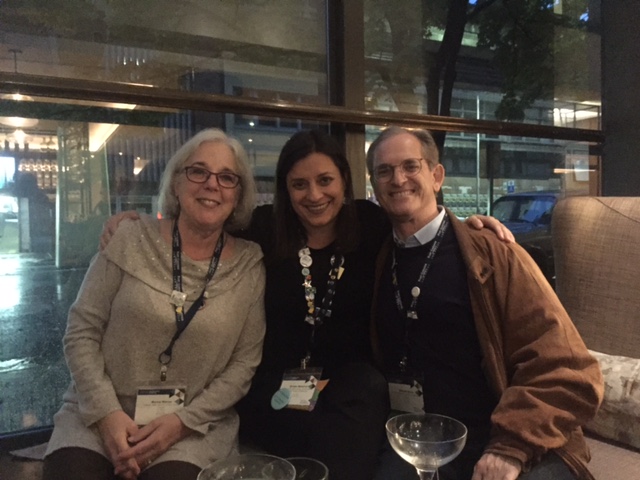
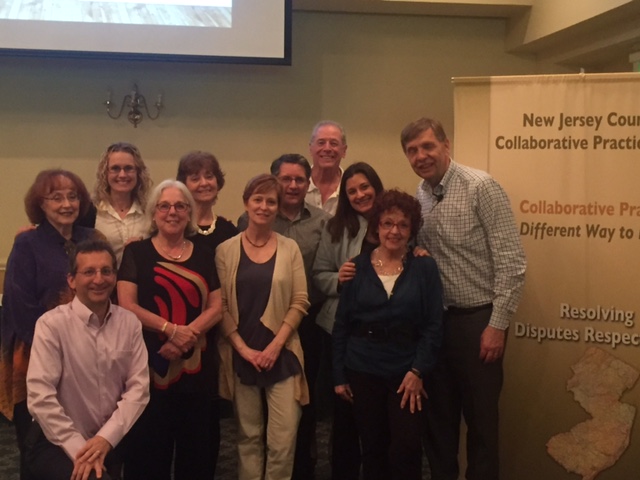

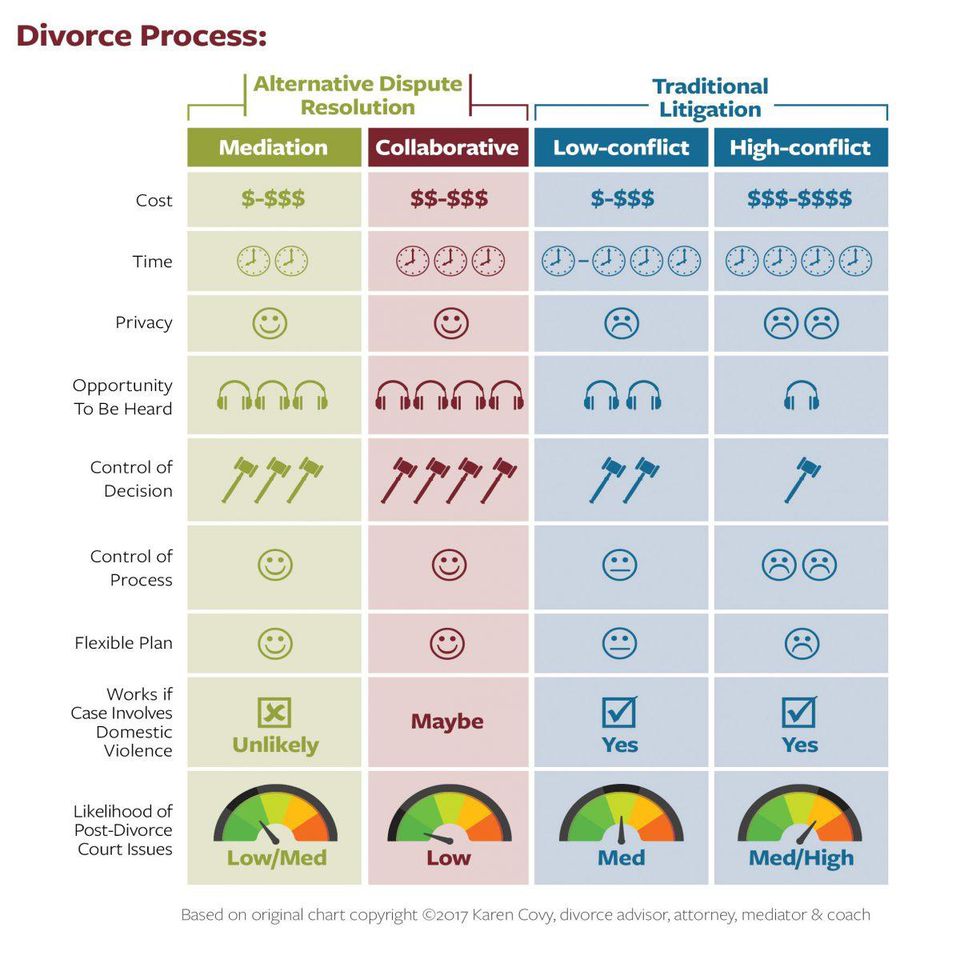
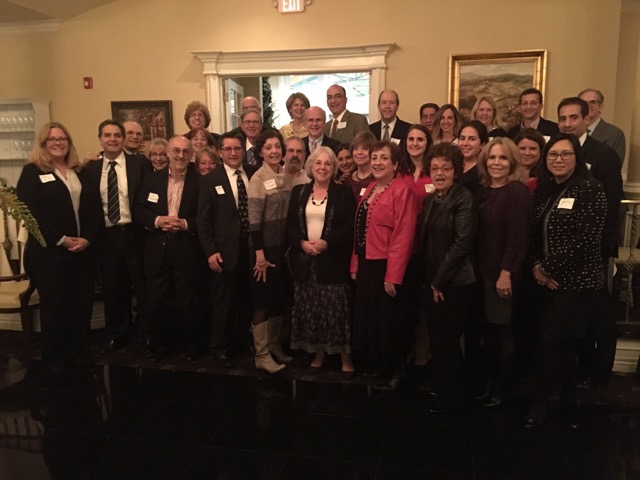 On December 2, 2015, the Collaborative Divorce Association of North Jersey celebrated the holiday season, at Bel Posto Restaurant, in Hackensack. The smiling faces, above, reflect the festive and collaborative spirit of our colleagues.
On December 2, 2015, the Collaborative Divorce Association of North Jersey celebrated the holiday season, at Bel Posto Restaurant, in Hackensack. The smiling faces, above, reflect the festive and collaborative spirit of our colleagues.
